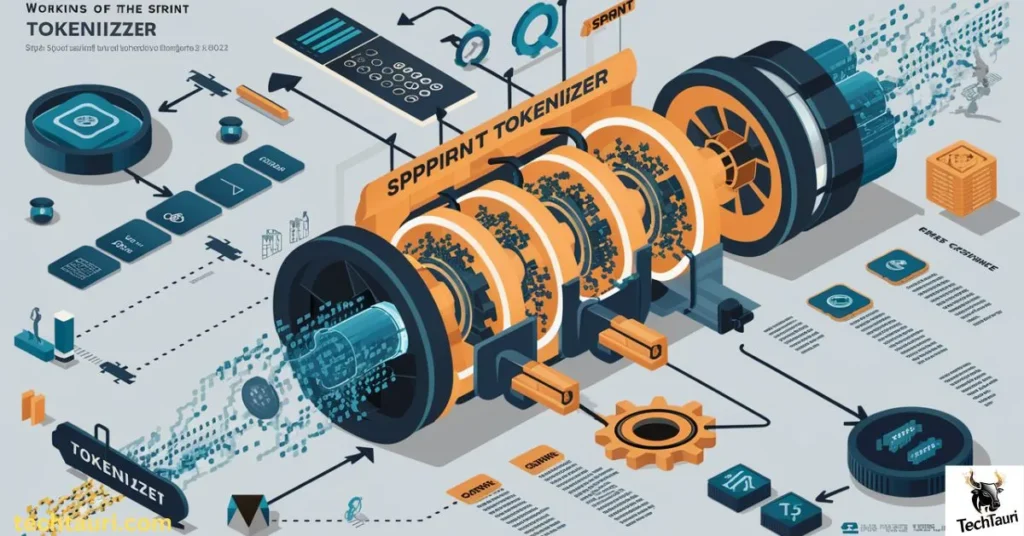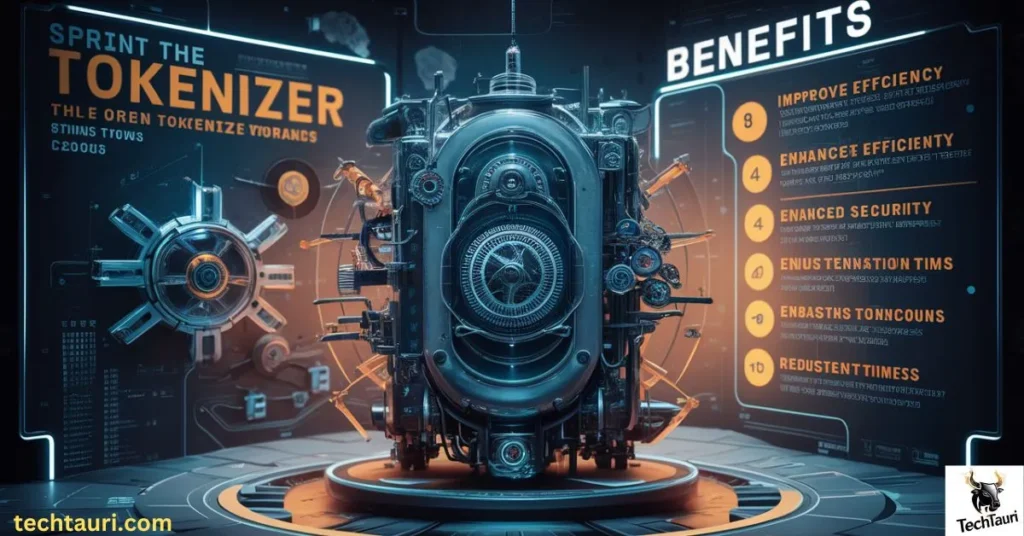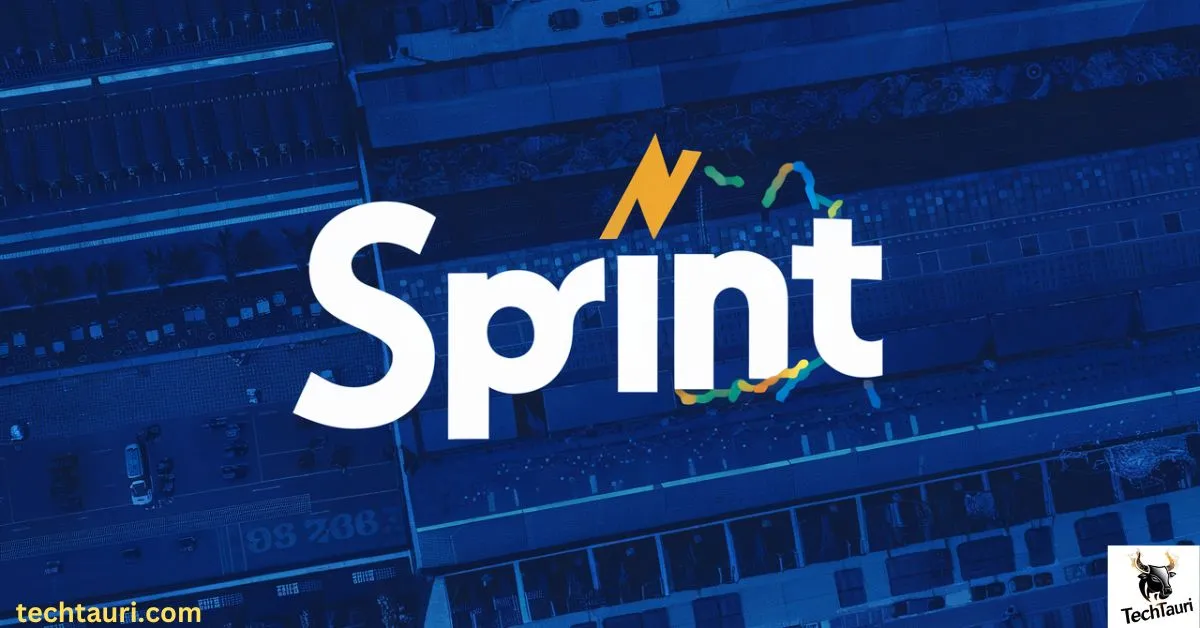Imagine if your sensitive data could be protected by transforming it into meaningless bits that hackers can’t use. That’s exactly what Sprint Tokenizer does. This cutting-edge security technique breaks down and replaces crucial information, such as credit card numbers and social security details, with unique tokens.
These tokens keep your data safe from breaches while ensuring compliance with regulations. Whether you’re in finance, healthcare, or e-commerce, Sprint Tokenizer offers a customizable, efficient solution to protect your most valuable information.
Understanding Sprint Tokenizer
In today’s digital age, protecting sensitive information is crucial. Sprint Tokenizer is a powerful tool that transforms confidential data into secure tokens. This method enhances data privacy, minimizes the risk of breaches, and ensures compliance with stringent regulations.
By breaking down sensitive information into meaningless tokens, Sprint Tokenizer makes it virtually impossible for unauthorized parties to access the original data.
What is a Tokenizer?
A tokenizer is a software solution designed to replace sensitive data with tokens, which are randomly generated strings of characters. These tokens hold no intrinsic value and cannot be reverse-engineered without a specific key or process.
A tokenizer converts important data into a secure format that can be stored or transmitted safely. This process ensures that the original information remains protected from unauthorized access and potential breaches.
Overview of Sprint Tokenizer
Sprint Tokenizer takes the concept of tokenization to the next level. It not only replaces sensitive data with secure tokens but also allows for customization based on specific security needs. This flexibility makes it suitable for various industries, including finance, healthcare, and e-commerce.
The Sprint Tokenizer integrates seamlessly into both software and hardware systems, improving data processing performance and reducing storage requirements. By employing advanced techniques, Sprint Tokenizer provides a robust solution for organizations seeking to safeguard their most critical information.
How Sprint Tokenizer Works
Sprint Tokenizer ensures the security of sensitive information by converting it into non-valuable tokens. This process involves several technical steps that make it a robust solution for data protection. By understanding its inner workings, organizations can appreciate how this tool enhances security and privacy.

Technical Mechanism
The technical mechanism behind Sprint Tokenizer involves several key processes:
- Data Identification: Sensitive data, such as credit card numbers or personal identification details, is first identified.
- Token Generation: The original data is broken down into smaller chunks, each replaced with a unique token. These tokens are created using complex algorithms that ensure they cannot be reverse-engineered.
- Mapping and Storage: A secure mapping system links each token to its original data. This mapping is stored in a secure database, often encrypted, ensuring that even if tokens are intercepted, they cannot be used to retrieve the original information.
- Data Retrieval: When needed, authorized users can retrieve the original data by using the secure mapping system to reverse the tokenization process.
Key Features and Components
Sprint Tokenizer boasts several key features and components that make it effective:
- Customizable Tokens: Tokens can be adjusted in length and format to meet specific security needs, providing flexibility for different applications.
- High Security: The system uses strong encryption methods to secure the tokenization process and the mapping database.
- Scalability: Sprint Tokenizer can scale to handle large volumes of data, making it suitable for businesses of all sizes.
- Integration Capabilities: It seamlessly integrates with existing software and hardware systems, ensuring minimal disruption to current operations.
- Compliance: Helps organizations comply with regulations like PCI-DSS and HIPAA by securely protecting sensitive data.
Implementation Steps
Implementing Sprint Tokenizer involves a series of steps designed to ensure a smooth and secure integration:
- Assessment and Planning: Identify sensitive data that needs protection and determine the specific requirements for tokenization.
- Choosing a Solution: Select a Sprint Tokenization solution that fits your organization’s needs, considering factors like scalability, security features, and cost.
- Integration: Integrate the tokenizer into existing systems. This involves configuring the tokenization processes and ensuring compatibility with current infrastructure.
- Testing: Conduct thorough testing to ensure that the tokenization process works correctly and that tokens can be securely generated and retrieved.
- Training: Train staff on how to use the Sprint Tokenizer system, including generating tokens and retrieving original data.
- Monitoring and Maintenance: Regularly monitor the system for any issues, ensure that encryption keys are managed securely, and keep the system updated to protect against new security threats.
By following these steps, organizations can effectively implement Sprint Tokenizer, ensuring their sensitive data remains secure and compliant with relevant regulations.
Benefits of Using Sprint Tokenizer
Using Sprint Tokenizer offers a multitude of advantages for businesses that need to protect sensitive information. This powerful tool enhances data security, boosts operational efficiency, and provides a cost-effective solution to data protection challenges.

Efficiency and Speed
One of the standout benefits of Sprint Tokenizer is its ability to streamline data processing. By converting sensitive data into lightweight tokens, it reduces the load on your systems. This leads to faster data handling and improved overall system performance.
Instead of processing large volumes of sensitive data directly, systems can work with these smaller tokens, resulting in quicker transaction times and reduced latency. This efficiency is particularly valuable in high-volume industries like finance and e-commerce, where speed is critical.
Accuracy and Precision
Sprint Tokenizer ensures high accuracy and precision in data protection. The tokenization process uses sophisticated algorithms to generate unique tokens that precisely map back to the original data.
This ensures that the integrity of the data is maintained while it’s protected. When it comes time to retrieve the original data, the process is accurate and reliable, ensuring that no information is lost or misrepresented. This level of precision is crucial for industries that handle sensitive personal information, such as healthcare and financial services.
Cost-effectiveness
Implementing Sprint Tokenizer can be a cost-effective solution for data protection. By minimizing the risk of data breaches, it helps organizations avoid the significant financial and reputational costs associated with such incidents.
The efficiency improvements from using tokens instead of full datasets can reduce operational costs. The scalability of Sprint Tokenizer means that it can grow with your business, avoiding the need for costly upgrades or overhauls as your data protection needs expand. This makes it an economically smart choice for both small and large organizations.
From Sprint Tokenizer offers a robust combination of efficiency, accuracy, and cost-effectiveness, making it an ideal solution for organizations looking to enhance their data security while optimizing performance and managing costs effectively.
Practical Applications
Understanding the practical applications of Sprint Tokenizer is essential for realizing its full potential in safeguarding sensitive information. This section delves into real-world scenarios where Sprint Tokenizer can be deployed effectively, providing tangible benefits and enhancing data security protocols.
Use Cases in Various Industries
Sprint Tokenizer finds diverse applications across numerous industries, each with unique data protection needs. From finance to healthcare and beyond, organizations can leverage Sprint Tokenizer to secure sensitive information and comply with industry regulations.
By exploring specific use cases in various sectors, businesses gain insights into how Sprint Tokenizer can address their specific security challenges and optimize data handling processes.
Case Studies and Success Stories
Examining case studies and success stories offers invaluable insights into the practical implementation and benefits of Sprint Tokenizer. Through real-life examples of organizations that have successfully integrated Sprint Tokenizer into their data security strategies, readers gain a deeper understanding of its effectiveness and impact.
These case studies showcase how Sprint Tokenizer has enhanced data security, streamlined operations, and delivered tangible results, providing inspiration and guidance for businesses considering its adoption.
By exploring practical applications, industry-specific use cases, and real-world success stories, organizations can gain a comprehensive understanding of Sprint Tokenizer’s capabilities and harness its potential to safeguard sensitive information effectively.
Comparison with Other Tokenizers
This involves evaluating the features, functionalities, and effectiveness of Sprint Tokenizer in comparison to other tokenization techniques available in the market. Through this analysis, businesses can assess the strengths and weaknesses of Sprint Tokenizer relative to alternatives, such as format-preserving tokenization, hashing, encryption, and masking.
Understanding this comparison helps organizations make informed decisions about selecting the most suitable tokenization method for their specific security needs and operational requirements.
Sprint Tokenizer vs. Traditional Tokenizers
Certainly! Here’s a comparison table between Sprint Tokenizer and Traditional Tokenizers:
| Aspect | Sprint Tokenizer | Traditional Tokenizers |
| Security | Utilizes advanced encryption methods to ensure data protection. | Relies on standard encryption or hashing techniques for security. |
| Scalability | Highly scalable, capable of handling large volumes of data effectively. | May have limitations in scalability, particularly with increasing data volumes. |
| Integration Capabilities | Seamlessly integrates with existing systems and applications. | Integration may require customization and may not be as seamless. |
| Flexibility | Offers flexibility in token length and format to meet specific security needs. | Limited flexibility in tokenization methods and formats. |
| Performance | Enhances data processing performance by reducing the volume of data to be processed. | May have performance implications, especially with large datasets. |
| Compliance | Helps organizations comply with industry regulations such as PCI-DSS and HIPAA. | Compliance may vary depending on the specific implementation and configuration. |
By examining these key aspects, businesses can better understand the differences between Sprint Tokenizer and Traditional Tokenizers, enabling them to make informed decisions about which approach aligns best with their security and operational requirements.
Advantages Over Competitors
Enumerating the advantages Sprint Tokenizer holds over its competitors is pivotal in understanding its unique value proposition in the market:
- Enhanced Security: Sprint Tokenizer employs advanced encryption techniques, offering superior data protection compared to competitors using standard encryption methods.
- Scalability: Unlike some competitors, Sprint Tokenizer is highly scalable, capable of handling large volumes of data efficiently without compromising performance.
- Seamless Integration: Sprint Tokenizer seamlessly integrates with existing systems and applications, providing a smoother implementation process compared to competitors that may require extensive customization.
- Flexibility: With customizable token length and format, Sprint Tokenizer offers greater flexibility to adapt to diverse security requirements, outmatching competitors with rigid tokenization methods.
- Compliance Assistance: Sprint Tokenizer assists organizations in complying with stringent industry regulations such as PCI-DSS and HIPAA, providing a regulatory advantage over competitors lacking similar compliance features.
By highlighting these advantages, Sprint Tokenizer establishes itself as a leading solution in the tokenization market, offering unparalleled security, scalability, integration, flexibility, and compliance assistance.











